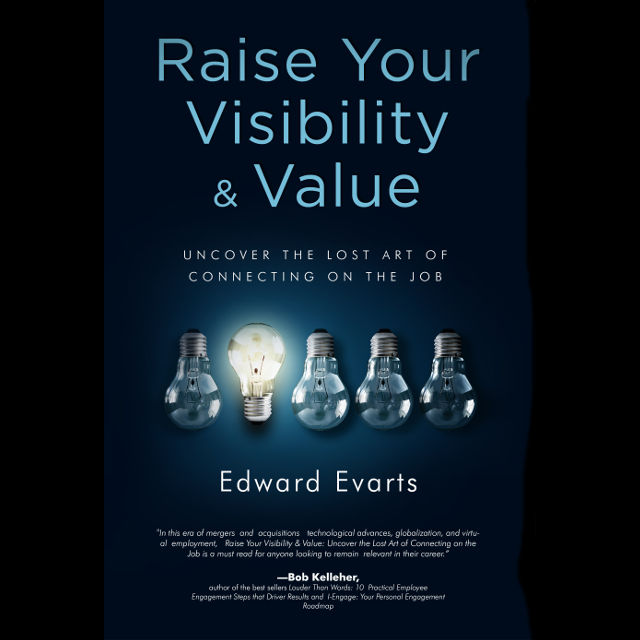
by Ed Evarts | Apr 3, 2018 | Accessibility, Visibility and Value
Raise Your Visibility & Value highlights seven visibility accelerators. Our second visibility accelerator is “Be Accessible.” Learn the importance of your colleagues being able to reach you and benefit from the interaction. ~~~~~~~~ Ed’s new...

by Ed Evarts | Jan 14, 2015 | Visibility and Value
The degree in which you interact with colleagues may be driven by your natural interest to interact with others (nature) or the culture of your organization (nurture). Each of these situations alone can significantly increase or reduce the degree in which you...

by Ed Evarts | Sep 15, 2014 | Accessibility, Visibility and Value
One of the seven Raise Your Visibility and Value visibility accelerators is being accessible, defined as the degree to which colleagues can reach you and benefit from the interaction. Being accessible benefits everyone. Ram Reddy is a Director, IT Operations for Harte...








